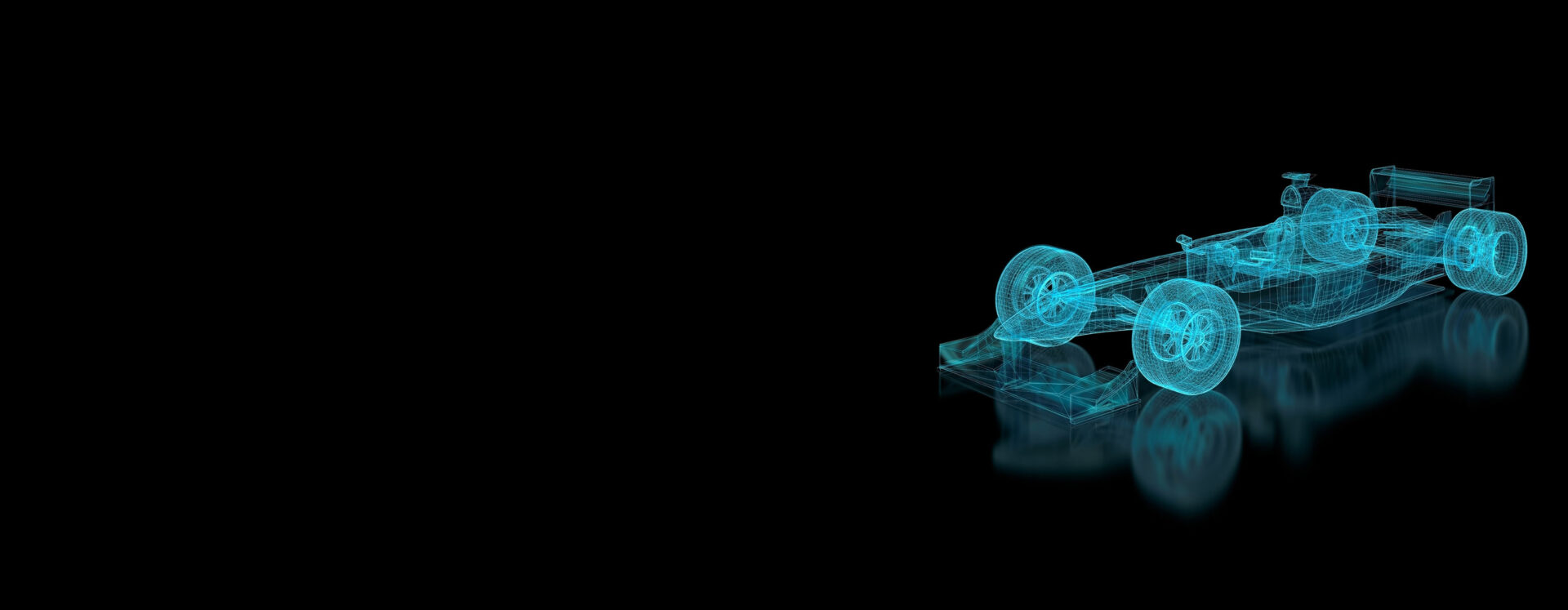
Formula One motor firms are becoming textbook cases in how to successfully branch into other sectors
The new Formula One season has kicked off with the Australian Grand Prix. Like every year, there are changes afoot: new drivers, tweaks in vehicle aerodynamics, revised rules and regulations. But behind the scenes, another transformation is taking place. In both the UK Motorsport Valley and the Italian Motor Valley – the two regions where the main players are clustered – companies have been reinventing themselves for the digital era and selling their tech know-how to other sectors.
Formula One race cars are the most technologically advanced cars in existence. Every car is equipped with 120 sensors which generate over a million pieces of information every second. This torrent of data, flowing from cars to pits, allows teams to adapt their racing strategy in real time, and is key to winning races.
The focus on processing data has turned the likes of the UK’s McLaren into a specialist in the field. McLaren was quick to make data central to the whole company, alongside the engineering expertise involved in building race cars. It set up McLaren Applied Technologies around a decade ago to sell its knowledge to other sectors, having already been successfully selling equipment to other motorsport players – McLaren has supplied electronic control units to every Formula One team since 1993, for instance.
McLaren Applied Technologies is in healthcare, for example, where it has developed sensors for implanting in patients who have suffered strokes, are recovering from surgery, or risk developing diabetes. These sensors collect health data for doctors to craft more personal, tailored treatments. The information is processed by wearable devices using algorithms, negating the need to upload it to a server first – which drains batteries.
McLaren originally developed these processing algorithms for units on board race cars, since under motorsport rules, sensor data can’t be sent back from the garage to the car during a race. Using similar transferable ideas, Applied Technologies is also involved in everything from train Wi-Fi facilities to optimizing air-traffic control to performance enhancement for elite athletes.
Italy-based Dallara Automobili is another motorsport company branching into new areas. Though not a household name, Dallara has almost a monopoly in supplying motorsport chassis to clients including Ferrari, Haas, Maserati, Bugatti, Honda, Lancia and Renault.
Like McLaren, Dallara’s move beyond motorsport coincided with an internal digital transformation. Much of this has been linked to the virtual process Dallara developed for testing chassis. Where the company used to endlessly test prototypes on race tracks and wind tunnels, now it models a car’s surroundings using supercomputers that accurately simulate weather and track conditions. Where testing used to take three years, it now takes closer to nine months.
Research Information & Knowledge Hub for additional information on IMD publications
In the 2010s, card processing – Mastercard’s flagship service – started showing signs of commodification as new, nimble players (typically, fintech startups thriving on digital) entered the payment processing space, and customer preferences evolve...
In July 2024 Guido Preti, La Marzocco’s sustainability manager, was preparing his three-year plan to combine La Marzocco’s ESG program with that of its new owners, the De’Longhi Group. Since its inception in 1927, the company had relentlessly soug...
Improvements in technology have made deepfakes — fraudulent audio, video, and images — easier than ever to create. As a result, 2024 has seen a nearly 60% surge in phishing attacks. These attacks hijack our perceptions and our ability to distingui...
Design thinking is an experience-based and user-centric method for solving problems. This human-centered approach engages end-users and employees in a multi-step, ongoing process of co-creation, to understand and meet evolving needs. The method is...
Although humans constitute a pivotal dimension of the cyber security attack surface, prevailing approaches are often ineffective at addressing human risk. From the vantage point of three key socio-behavioural perspectives, a critical analysis of c...
Digital product innovation (DPI) is critical for the survival of firms, especially those operating in traditional industrial-age industries. While research has started to investigate digital innovation in family firms (FFs) considering them as a m...
IMD World Competitiveness Center Report, 14 November 2024, 8th edition
Research Information & Knowledge Hub for additional information on IMD publications
Research Information & Knowledge Hub for additional information on IMD publications
Research Information & Knowledge Hub for additional information on IMD publications
Research Information & Knowledge Hub for additional information on IMD publications
Research Information & Knowledge Hub for additional information on IMD publications
Research Information & Knowledge Hub for additional information on IMD publications
Research Information & Knowledge Hub for additional information on IMD publications
in Forbes.com 6 September 2024
Research Information & Knowledge Hub for additional information on IMD publications
in Cyber Security: A Peer-Reviewed Journal September 2024, vol. 8, no. 1, https://doi.org/10.69554/UEEV5385
Research Information & Knowledge Hub for additional information on IMD publications
in Entrepreneurship Theory and Practice 28 August 2024, ePub before print, https://doi.org/10.1177/10422587241268029
Research Information & Knowledge Hub for additional information on IMD publications

